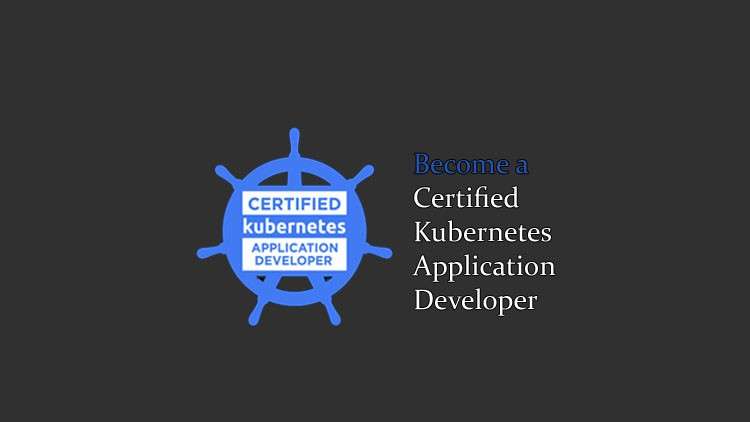
Take your learning experience one step above with our Kubernetes Application Developer (CKAD) Practice Questions.
What you will learn
Understanding the basic concepts, architecture, and components of Kubernetes.
Working with YAML files to define Kubernetes resources such as Pods, Deployments, Services, etc. Understanding how to configure these resources effectively.
Understanding how networking works in Kubernetes, including Service networking, Ingress controllers, DNS resolution, and networking policies.
Students will learn to stay ahead of industry trends.
Understanding various security aspects of Kubernetes, such as RBAC (Role-Based Access Control), Pod security policies, network policies, and secrets management.
Description
Are you aspiring to become a proficient Kubernetes Application Developer (CKAD)? Elevate your skills and boost your confidence with our meticulously crafted CKAD Practice Questions. Designed by industry experts, these practice questions are tailored to help you master Kubernetes development concepts, ace the CKAD exam, and excel in real-world Kubernetes application development.
Our CKAD Practice Questions cover a wide range of topics, including:
- Pod Configuration: Delve deep into configuring pods using various parameters such as labels, annotations, environment variables, and more. Gain hands-on experience in defining multi-container pods, configuring pod health checks, and leveraging ConfigMaps and Secrets for pod configuration.
- Deployment Management: Learn how to manage application deployments effectively in Kubernetes. Practice scaling applications, rolling updates, and rolling back deployments seamlessly. Master the use of imperative commands and declarative manifests to streamline deployment management tasks.
- Service Networking: Explore Kubernetes service networking concepts and enhance your understanding of service types, service discovery mechanisms, and networking policies. Practice exposing applications within the cluster and accessing them from external networks using services and ingresses.
- Persistent Storage: Dive into persistent storage management in Kubernetes and learn how to provision and consume storage resources within pods. Practice configuring persistent volume claims, mounting volumes to pods, and implementing volume snapshots for data backup and restoration.
- Configuration Management: Sharpen your skills in managing application configurations efficiently using Kubernetes ConfigMaps and Secrets. Practice creating, updating, and consuming configuration data within pods to enhance application flexibility and maintainability.
- Resource Management: Master resource management techniques to optimize application performance and resource utilization in Kubernetes clusters. Practice defining resource requests and limits, implementing resource quotas, and monitoring resource usage to ensure optimal cluster performance.
- Troubleshooting and Debugging: Hone your troubleshooting skills with hands-on practice in diagnosing and resolving common issues encountered in Kubernetes deployments. Learn effective debugging techniques, examine pod logs, and leverage Kubernetes diagnostic tools to troubleshoot and resolve issues quickly.
- Security and Access Control: Strengthen your knowledge of Kubernetes security best practices and access control mechanisms. Practice implementing role-based access control (RBAC), securing sensitive data using Secrets, and configuring network policies to enforce security policies within the cluster.
With our CKAD Practice Questions, you’ll gain invaluable hands-on experience and insights into Kubernetes application development, empowering you to tackle complex challenges with confidence. Whether you’re preparing for the CKAD exam or seeking to enhance your Kubernetes development skills, our practice questions are your ultimate companion on the journey to Kubernetes mastery. Start practicing today and take your Kubernetes expertise to new heights!